All Formats & Editions
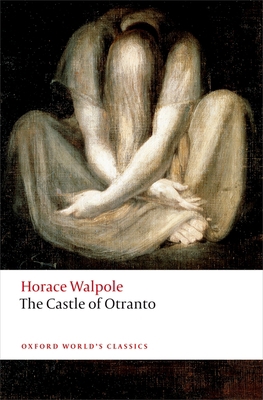
The Castle of Otranto: A Gothic Story
'Look, my lord See heaven itself declares against your impious intentions ' The Castle of Otranto (1764) is the first supernatural English novel and one of the most influential works of Gothic fiction. It inaugurated a literary genre that will be forever...
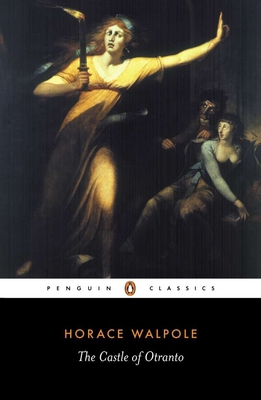
The Castle of Otranto
The founding work of Gothic fiction On the day of his wedding, Conrad, heir to the house of Otranto, is killed in mysterious circumstances. His calculating father Manfred fears that his dynasty will now come to an end and determines to marry his son's bride himself...
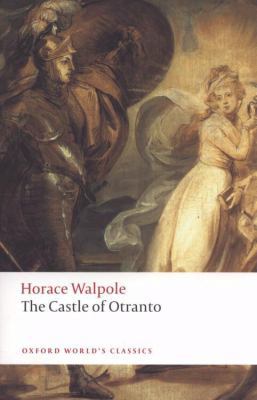
the-castle-of-otranto
First published pseudonymously in 1764, The Castle of Otranto purported to be a translation of an Italian story of the time of the crusades. In it Walpole attempted, as he declared in the Preface to the Second Edition, "to blend the two kinds of romance: the ancient and the modern."...
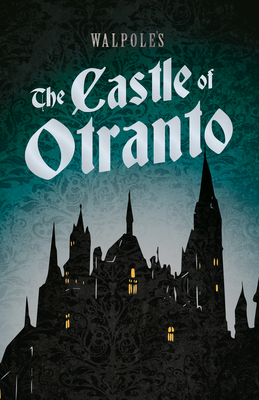
Walpole's The Castle of Otranto: Including an I...
Horrifying supernatural visitations, long-dreaded curses, and barbarous murders, Horace Walpole's revered The Castle of Otranto is the founding gothic novel, launching one of the most popular literary genres. When the heir of Otranto is mysteriously...
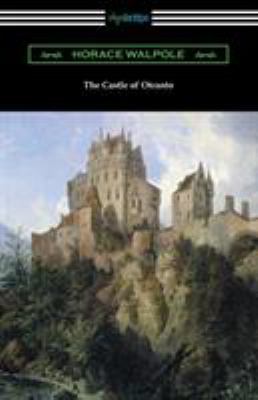
The Castle of Otranto
First published in 1764, Horace Walpole's "The Castle of Otranto" is generally regarded as the first gothic novel, a work which blended supernatural and fantastical elements with realistic characters and events. Heralding in a new and immensely popular literary style, the...
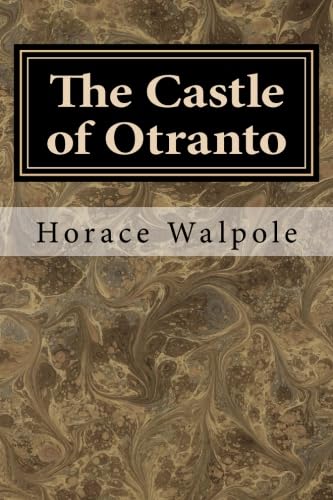
The Castle of Otranto
Horace Walpole's classic novel, regarded as the first gothic novel ever published and starting the influential genre. In this seminal tale, a the ancient curse of a castle drives its inhabitants to murder and other grisly acts in attempts to protect family lines.
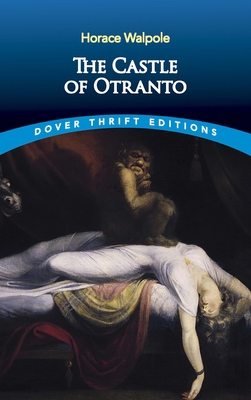
The Castle of Otranto
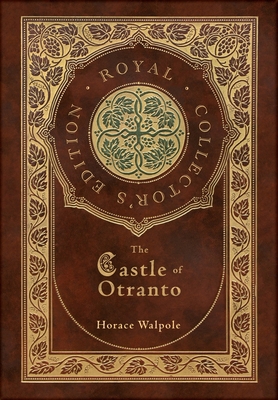
The Castle of Otranto (Royal Collector's Editio...
The Castle of Otranto tells the story of Manfred, lord of the castle, and his family. His son, Conrad, is set to be married to princess Isabella, but dies on the day of the wedding. Manfred believes this event is the beginning of an ancient prophecy coming true - a prophecy...
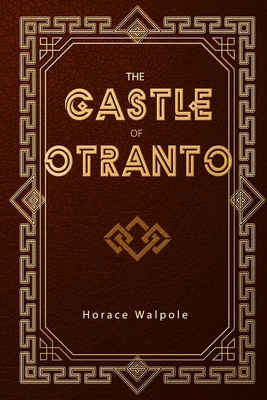
The Castle of Otranto
The Castle of Otranto is a book by Horace Walpole first published in 1764 and generally regarded as the first gothic novel. In the second edition, Walpole applied the word 'Gothic' to the novel in the subtitle - "A Gothic Story".
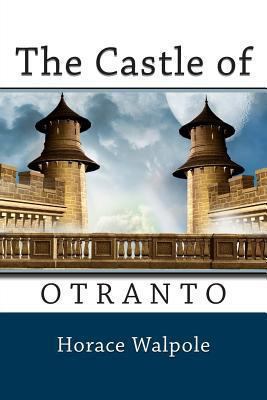
The Castle of Otranto
![El castillo de Otranto [Spanish] 1492224650 Book Cover](https://i.thriftbooks.com/api/imagehandler/l/47BFF5968479F34FBD7E07B198D0F9F1A9A6F276.jpeg)
El castillo de Otranto [Spanish]
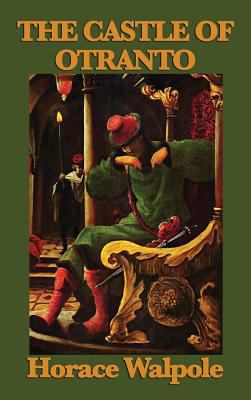
The Castle of Otranto
This novel is the story of Conrad, son of Manfred of the house of Otranto. This thrilling tale abounds in adventure, suspense, and supernatural occurrences. Crammed with invention, entertainment, terror, and pathos, the novel was an immediate success and Walpole's own favorite...

The Castle of Otranto: A Gothic Story
'Look, my lord See heaven itself declares against your impious intentions ' The Castle of Otranto (1764) is the first supernatural English novel and one of the most influential works of Gothic fiction. It inaugurated a literary genre that will be forever associated with the effects...

The Castle of Otranto

The Castle of Otranto: A Gothic Story
First published pseudonymously in 1764, The Castle of Otranto purported to be a translation of an Italian story of the time of the crusades. In it Walpole attempted, as he declared in the Preface to the Second Edition, "to blend the two kinds of romance: the ancient and the modern."...

The Castle of Otranto: A Gothic Story
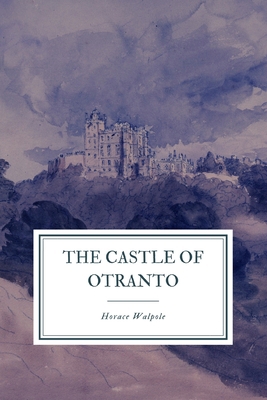
The Castle of Otranto
Complete and unabridged paperback edition. The Castle of Otranto is a 1764 novel by Horace Walpole. It is generally regarded as the first gothic novel. In the second edition, Walpole applied the word 'Gothic' to the novel in the subtitle - "A Gothic Story"...
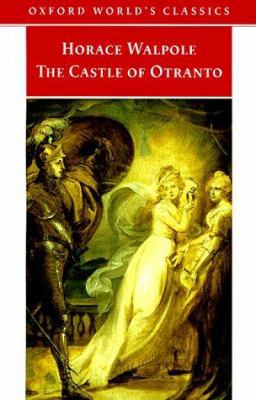
The Castle of Otranto: A Gothic Story
First published pseudonymously in 1764, The Castle of Otranto purported to be a translation of an Italian story of the time of the crusades. In it Walpole attempted, as he declared in the Preface to the Second Edition, "to blend the two kinds of romance: the ancient and the modern."...
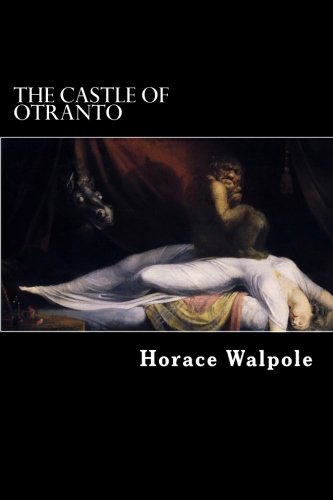
The Castle of Otranto
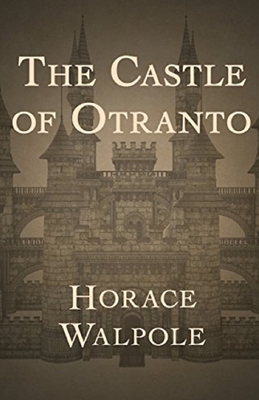
The Castle of Otranto Annotated

The Castle of Otranto
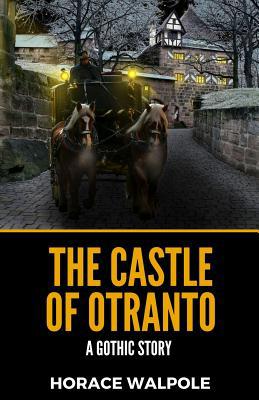
The Castle Of Otranto: A Gothic Story
Horace Walpole produced The Castle of Otranto in 1765, at the mature age of forty-eight. It was suggested by a dream from which he said he waked one morning, and of which "all I could recover was, that I had thought myself in an ancient castle (a very natural dream for a head...

The Castle of Otranto: A Gothic Story
A gruesome accident abruptly plunges the noble house of Otranto into chaos, consuming Prince Manfred with his mad obsession to preserve his bloodline at any cost. As Manfred haunts the halls of his ancient home, strange apparitions and dark omens begin to stalk the castle
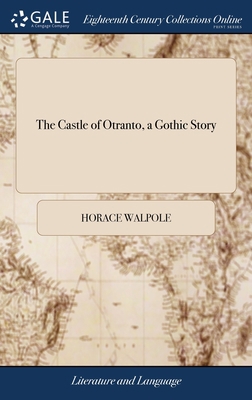
The Castle of Otranto, a Gothic Story: Translat...
The 18th century was a wealth of knowledge, exploration and rapidly growing technology and expanding record-keeping made possible by advances in the printing press. In its determination to preserve the century of revolution, Gale initiated a revolution of its own: digitization...




